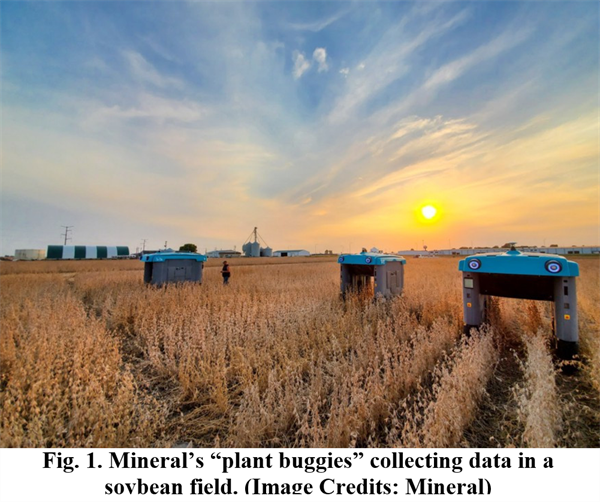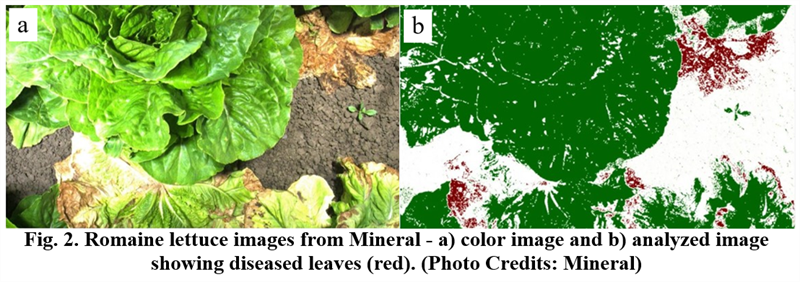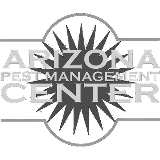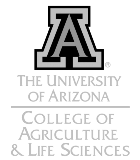Feb 19, 2020
New player in Lettuce Dieback disease: Lettuce Dieback Associated Virus
Lettuce dieback is a soil-borne disease caused by two closely related viruses from the family
Tombusviridae Tomato Bushy Stunt Virus (TBSV) and
Lettuce Necrotic Stunt Virus (LNSV) that has been reclassified as
Moroccan Pepper Virus (MPV). The disease has been observed throughout the main lettuce producing areas of California and Arizona.
Towards the end of December in 2019, we received some samples that looked like lettuce dieback disease. The samples came positive for a new virus tentatively named as Lettuce dieback associated virus. We have been seeing symptoms in resistant cultivars (with Tvr1 gene) which suggests that the new virus is involved in the symptomology.
Little is known about the virus as of now, as it is still a work in progress. What we know so far, is that the virus is soilborne, and has been found to have more correlation with the dieback disease more than
Tomato bushy stunt virus.
The new development has been that the virus population in Yuma is genetically different than other isolates sequenced so far. So what does it mean? It means that the genetic/DNA sequence of the virus population in Yuma is different, which also means that the detection techniques may not work as efficiently for isolates collected from Yuma. This can result in false negatives.
To overcome this, we need to collect samples from Yuma and surrounding area from different fields, test them, and generate more genetic data, to develop effective diagnosis protocol. If you see any field with lettuce with symptoms of dieback please contact me (
bpoudel@email.arizona.edu, 928-920-1110) and I will collect samples and send it to USDA lab.
Dr. William Wintermantel (pictured above,
bill.wintermantel@usda.gov ) has been working on the virus and has developed protocol for virus testing.
Dr. Wintermantel has also shared the protocol with Trical Diagnostics so if you want rapid molecular diagnosis please contact Steve Koike (
SKoike@trical.com).
I can send the samples to Dr. Wintermantel’s USDA lab for diagnosis and it will be free, but as you all know it wont be as fast as the private lab. Starting next growing season molecular diagnosis of viruses will be available at your Yuma Plant Health Clinic.
To contact Bindu Poudel go to:
bpoudel@email.arizona.edu










